Can Black People Get Lice?
Can Black People Get Lice? Exploring Lice Infestations in African-American Hair
Introduction
The question, “Can black people have lice?” is common, and it is important to provide a comprehensive answer. Lice infestations can affect people of all ethnic backgrounds, including African Americans. In this article, we will explore common myths and facts about lice in the context of African-American hair care. We will cover topics such as whether African Americans can get lice, effective ways to rid lice from African American hair, and essential safety precautions.
Can Black People Have Lice?
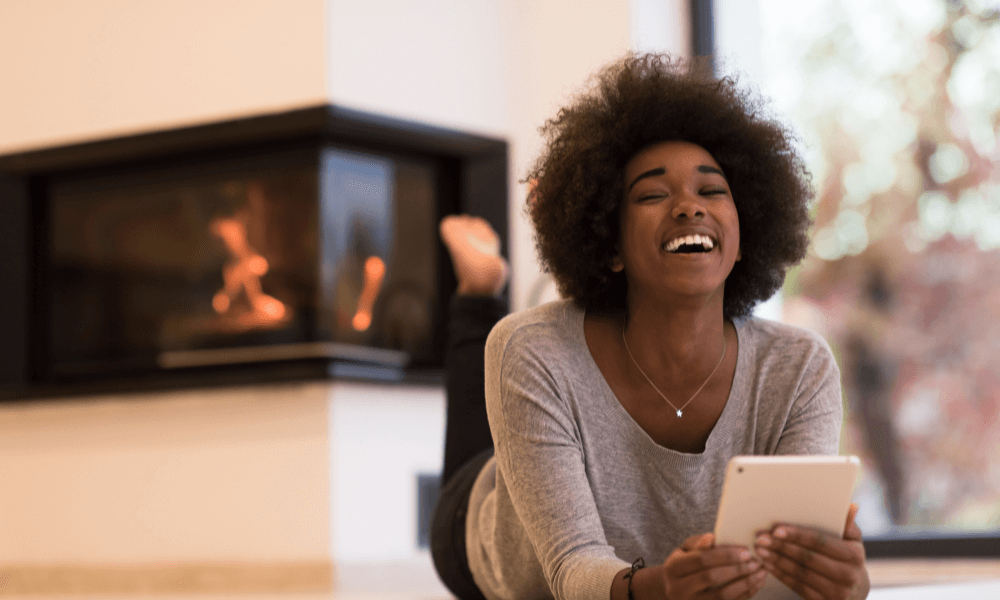
Yes, Black people can have lice just like anyone else. Lice are small, wingless insects that live on human hair and scalp. They feed on human blood. Lice can spread through head-to-head contact, sharing combs and brushes, and wearing hats or other clothing infested with lice.
One reason for this myth is that lice are often more visible on light hair. This is because the lice’s dark bodies stand out more against light hair. However, lice can be just as difficult to see on dark hair. In fact, lice can be even more difficult to treat on dark hair, as the lice eggs (nits) can blend in with the hair.
Another reason for the myth that black people cannot get lice is that lice are often associated with poverty and poor hygiene. However, lice can affect anyone, regardless of their race, ethnicity, or socioeconomic status. Lice can be transmitted through close contact with an infected person or by using their contaminated personal belongings. Lice can affect anyone, regardless of their level of personal hygiene.
There are a few things that may make Black people more susceptible to getting lice, such as:
- Having curly or coily hair: Lice can be more challenging to see in curly or coily hair, making it more difficult to diagnose and treat lice infestations.
- Living in close quarters: Lice is more likely to spread in crowded living conditions, such as dormitories and jails.
- Having children: Children are more likely to get lice than adults, and they can spread lice to their parents and other caregivers.
It’s crucial to recognize that lice infestations are more related to personal hygiene, close contact with an infected individual, or sharing personal items like combs, brushes, or hats. Understanding that lice do not discriminate based on race or ethnicity is vital. The key factors contributing to lice infestations include personal hygiene practices and close contact with infected individuals. Additionally, the risk factors for lice are universal, but tailoring treatment approaches to accommodate diverse hair types is essential for effective management.
Also read: Do Lice Like Clean or Dirty Hair?
Can African Americans Get Lice?
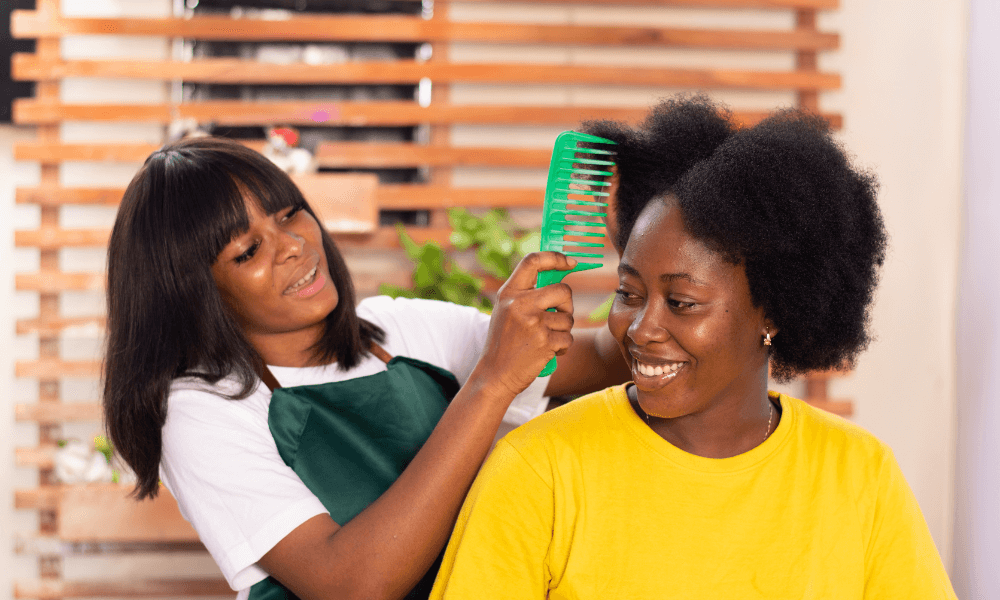
Yes, African Americans can get lice. However, some differences exist in how lice infestations may manifest in people with different hair types. African-American hair is typically thicker and has a different texture than other ethnic backgrounds. This hair type can make it more challenging to detect and remove lice and their eggs, known as nits.
When dealing with lice in African-American hair, it’s essential to be thorough in your approach. Careful examination of the scalp and hair is crucial, and using the right tools and techniques is critical for effective lice removal. It’s also important to consider specific challenges when treating lice in African-American hair, such as the risk of hair damage or breakage from frequent combing or harsh chemical treatments.
Unique Considerations for African-American Hair
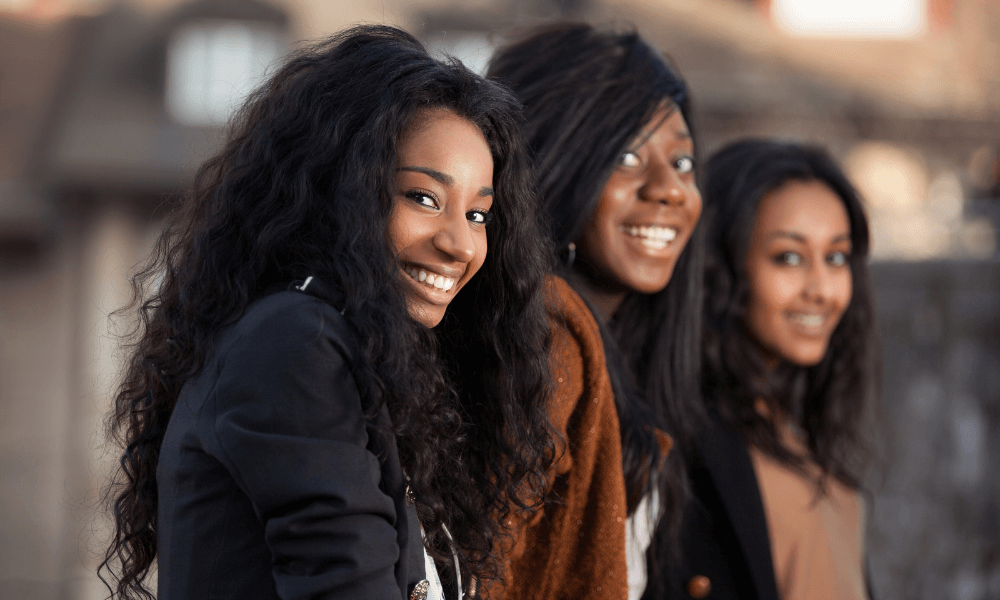
While lice can affect anyone, there are unique factors to consider when dealing with lice in African-American hair. The structure and texture of African-American hair can present some challenges when it comes to lice prevention and treatment. Here are some key considerations:
Hair Texture
African-American hair often has a different texture, with tighter curls and coils. This can make detecting lice and nits (lice eggs) slightly more challenging. Regularly inspecting the hair and using the right tools is essential.
Hair Products
Using hair products like oils, gels, and creams can create a barrier that makes it difficult for lice to move around or lay eggs. However, it’s still possible to get lice even using these products.
Challenges of Treating Lice in African-American Hair
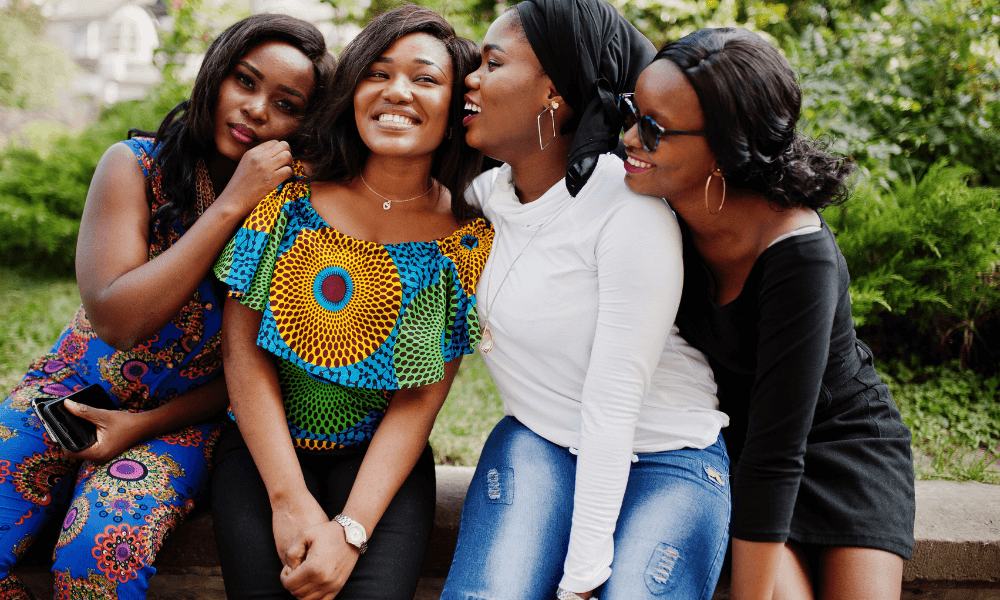
A few unique challenges may arise when treating lice in African-American hair. These challenges include:
- Hair damage or breakage: Frequent combing and harsh chemical treatments can damage or break African-American hair. It is essential to use gentle techniques and products when treating lice in African-American hair.
- Difficulty finding effective treatments: Some over-the-counter lice treatments may be less effective on African-American hair. It is essential to choose a treatment that is specifically designed for African-American hair.
- Social stigma: A social stigma is associated with lice, making it difficult for people to seek help. It is important to remember that lice are a common problem and are not shameful.
How to Get Rid of Lice in African American Hair?
There are a number of ways to get rid of lice in African-American hair. The most common method is to use over-the-counter lice treatments, such as shampoos, conditioners, and medications. It is essential to follow the instructions on the product label carefully.
Here are some additional tips for getting rid of lice in African-American hair:
- Use a Fine-Toothed Comb: Opt for a fine-toothed comb for lice removal. This comb can help you remove lice and nits from the hair.
- Apply a Lice Treatment Product: Over-the-counter and prescription lice treatment products are available. Follow the instructions carefully, and treat all affected individuals in the household.
- Avoid Harsh Chemicals: Be cautious when using chemical treatments, as African American hair can be more susceptible to damage. Consider natural or less harsh alternatives if possible.
- Repeat Treatment as Needed: Lice treatments typically require more than one application to eliminate all lice and nits. Follow-up treatments are essential.
- Wash and Dry Bedding and Clothing: To prevent lice from returning, wash and dry all clothing, bedding, and personal items that may have come into contact with them.
- Prevent Future Infestations: Teach children about not sharing personal items like hats, combs, and brushes. Encourage regular hair hygiene and inspection.
Now, you might wonder, does hair dye kill lice? Hair dye alone is not a reliable method for killing lice. While some chemicals in hair dye may affect lice, it’s not a recommended lice treatment. Lice treatment products specifically designed for removal are more effective and safer.
Also read: Is Raw Sugar Shampoo Good For Your Hair?
Safety and Precautions
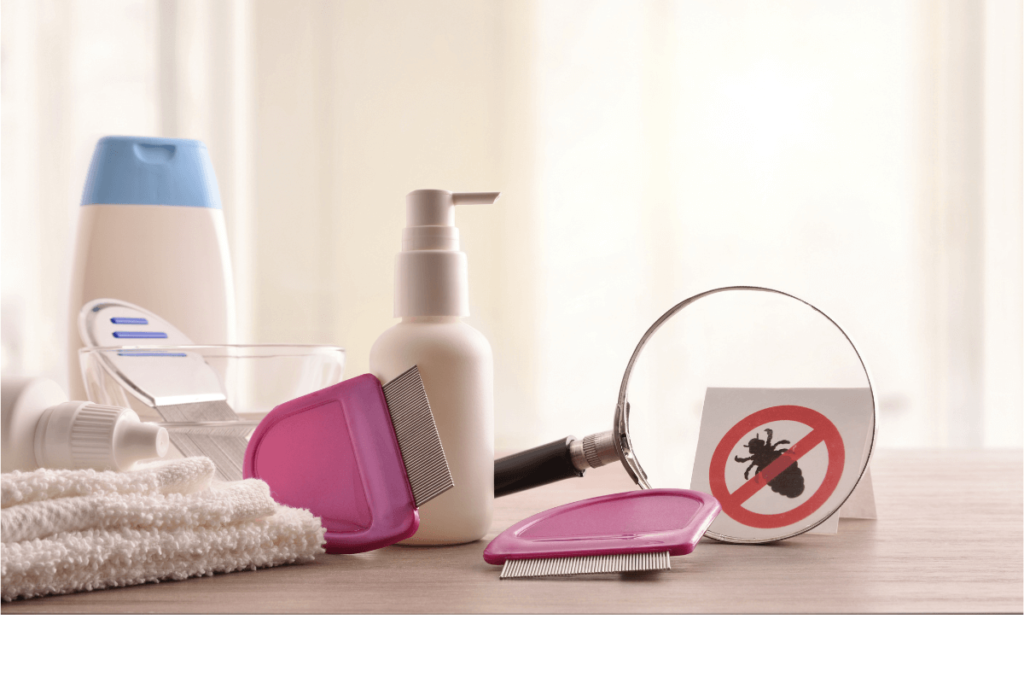
When dealing with lice, it’s crucial to prioritize safety and take precautions to prevent the spread of these parasites. Here are some safety tips to consider:
- Avoid Close Contact: If you suspect someone has lice, avoid close head-to-head contact until the infestation is resolved.
- Regularly Check for Lice: Perform routine checks, especially if you have school-age children, as lice can spread quickly in close quarters.
- Educate Yourself: Learn about lice prevention and treatment to be prepared in case of an infestation.
- Seek Professional Help if Needed: If home treatments are ineffective or unsure how to handle a lice infestation in African American hair, consult a healthcare professional or a lice removal specialist.
Conclusion
In conclusion, the question, “Can black people get lice?” has a straightforward answer: Yes, they can. Lice infestations are not limited by race or ethnicity; anyone can be affected. However, understanding the unique challenges of dealing with lice in African-American hair is essential. By following proper techniques and taking precautions, it is possible to effectively treat and prevent lice infestations in individuals of all ethnic backgrounds.
(FAQs) about the Can black people get lice in their hair?
1. Can lice infestations be more challenging to detect in black hair?
Yes, lice infestations can be more challenging to detect in black hair due to its texture and thickness. The tiny lice and their eggs (nits) may not be as visible as in lighter hair. Regular and thorough examination of the scalp and hair is crucial to identify lice infestations in black hair.
2. Are there any specific lice treatments designed for African-American hair?
There are no specific lice treatments designed exclusively for African-American hair. However, using a fine-toothed comb and choosing lice treatment products suitable for all hair types can be effective. It’s essential to be gentle when combing to prevent hair damage.
3. Can lice spread in black communities more easily?
Lice can spread in any community, regardless of race or ethnicity, if there is close contact or sharing personal items like hats, combs, or brushes. Schools and childcare settings are familiar places for spreading lice, so everyone must practice preventive measures.
4. Does hair dye kill lice?
Hair dye alone is not a reliable method for killing lice. While some chemicals in hair dye may affect lice, it’s not a recommended lice treatment. Lice treatment products specifically designed for removal are more effective and safer.
5. Can black people take preventive measures to avoid lice infestations?
Yes, black people can take preventive measures to avoid lice infestations. Encourage children not to share personal items like hats and combs. Regularly inspect their hair for signs of lice, especially during the school year. If there is a lice outbreak in the community, consider taking extra precautions to prevent contact with infected individuals.
Sources:
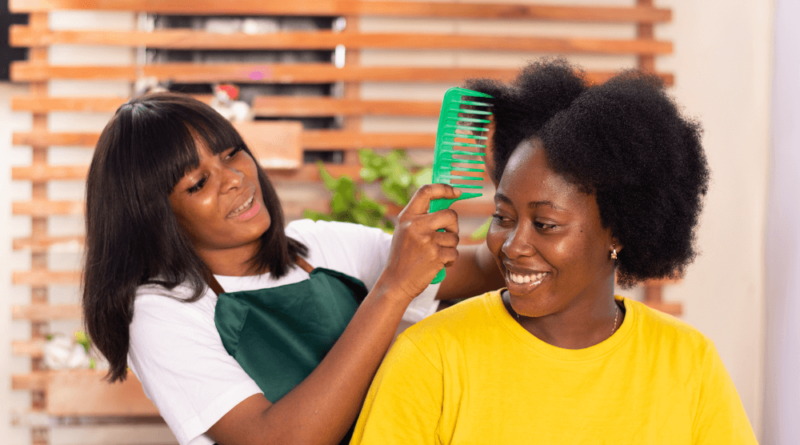
Pingback: Do Lice Like Clean Or Dirty Hair? The Truth Revealed